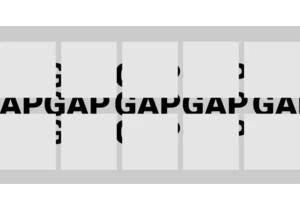The Web Performance Calendar just started up again this year. The first two posts so far are about, well, performance! First up, Rick Viscomi writes about the mythical “fast” web page:
How you approach measuring a web page’s performance can tell you whether it’s built for speed or whether it feels fast. We call them lab and field tools. Lab tools are the microscopes that inspect a page for all possible points of friction. Field tools are the binoculars
… Read article “Web Performance Calendar”
The post Web Performance Calendar appeared first on CSS-Tricks. You can support CSS-Tricks by being an MVP Supporter.
Login to add comment
Other posts in this group

Styling the space between layout items — the gap — has typically required some clever workarounds. But a new CSS feature changes all that with just a few simple CSS properties that make it easy, ye

Being the bad boy I am, I don't take Tailwind's default approach to cascade layers as the "best" one. Over a year experimenting with Tailwind and vanilla CSS, I've come across what I believe is a b


KelpUI is new library that Chris Ferdinandi is developing, designed to leverage newer CSS features and Web Components. I've enjoyed following Chris as he's publishe

The CSS if() function enables us to use values conditionally, which we can already do with queries and other functions, so I’m sure you’re wondering: What exactly does if()

The CSS if() function was recently implemented in Chrome 137, making it the first instance where we have it supported by a mainstream browser. Let's poke at it a bit at a very high lev

Zell discusses refactoring the Resize, Mutation, and Intersection Observer APIs for easier usage, demonstrating how to implement callback and event listener patterns, while highlighting available o
